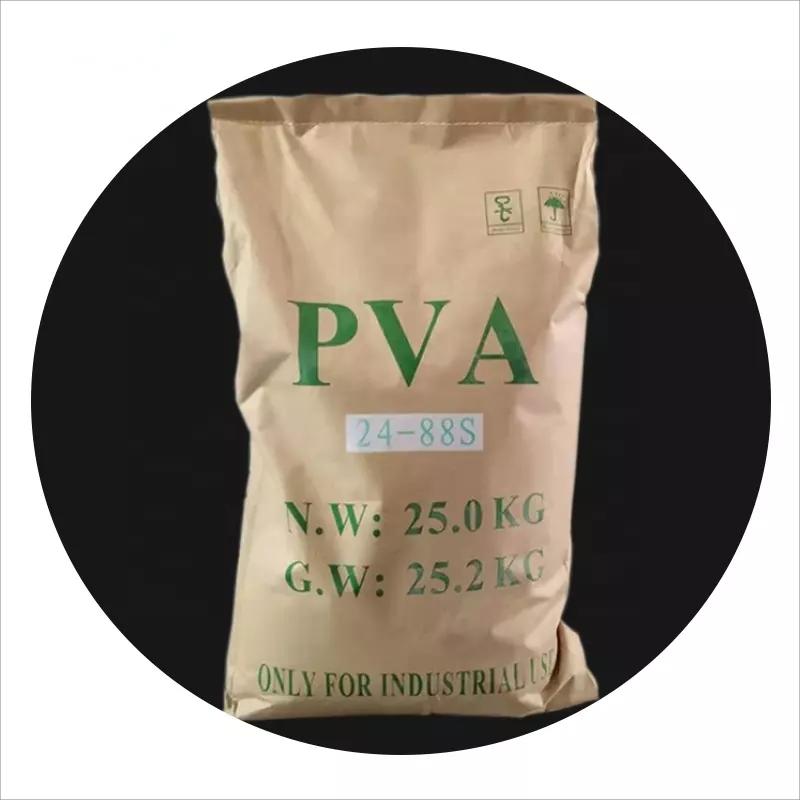Understanding Industrial Thickeners Functions and Applications
Industrial thickeners play a critical role in various industries, including chemical manufacturing, food production, and wastewater treatment. These substances enhance the viscosity of liquids, allowing for improved processing, stability, and functionality of products. This article delves into the significance of industrial thickeners, their types, and their diverse applications.
What are Industrial Thickeners?
Industrial thickeners are agents that increase the viscosity of a liquid without substantially altering its other properties. They can be natural or synthetic, and their application varies widely depending on the industry. Natural thickeners, such as starches and gums, are derived from plants, while synthetic thickeners are chemically formulated to achieve desired thickness and stability.
Types of Thickeners
1. Natural Thickeners These include guar gum, xanthan gum, and pectin. They are commonly derived from plant sources and are often preferred in food products due to their safety and ease of digestion. Natural thickeners are biodegradable and generally have a lower environmental impact.
2. Synthetic Thickeners These include polyacrylic acid and cellulose derivatives. Synthetic thickeners are often used in industrial applications due to their ability to withstand extreme conditions and provide specific rheological properties. They offer greater control over viscosity and stability.
3. Modified Starches These are starches that have been processed to enhance their thickening capabilities or to improve their functional properties. They are widely used in the food industry to modify texture and shelf life.
Functions of Industrial Thickeners
The primary function of industrial thickeners is to increase the viscosity of a solution, which can lead to several benefits
- Stability Improvement Thickeners help to stabilize emulsions and suspensions, preventing separation of ingredients. This is particularly important in products like salad dressings and sauces.
- Enhanced Texture In food products, thickeners contribute to the mouthfeel and texture, making items more palatable. For instance, the creamy texture of ice cream is often achieved through the use of thickeners.
industri thicken

- Controlled Release In pharmaceuticals, thickeners can help control the release of active ingredients, ensuring a consistent and effective dose.
- Reduced Sedimentation In paints and coatings, thickeners prevent solid particles from settling at the bottom, ensuring a uniform product over time.
Applications of Industrial Thickeners
Industrial thickeners are used in a myriad of applications across various sectors
- Food Industry They are essential in the production of sauces, soups, dressings, dairy products, and bakery items, enhancing texture and stability.
- Cosmetics and Personal Care Thickeners are used in lotions, creams, and gels to achieve desired viscosities and improve application qualities.
- Pharmaceuticals In the pharmaceutical industry, thickeners are utilized in suspensions, gels, and tablets, contributing to the efficacy and stability of medicinal products.
- Construction and Paints In construction, thickeners help improve the workability of mortars and plasters, while in paints, they ensure the suspension of pigments and enhance the finish.
- Wastewater Treatment Thickeners are crucial in the clarification process of wastewater, helping to separate solids from liquids for more effective waste management.
Conclusion
Industrial thickeners are indispensable across multiple sectors, providing essential functions that enhance product quality, stability, and performance. With ongoing advancements in formulation technologies, the future of thickeners appears promising, leading to even greater innovations in their applications and efficiencies. Understanding their role not only helps industries optimize their processes but also facilitates the creation of better products for consumers.




